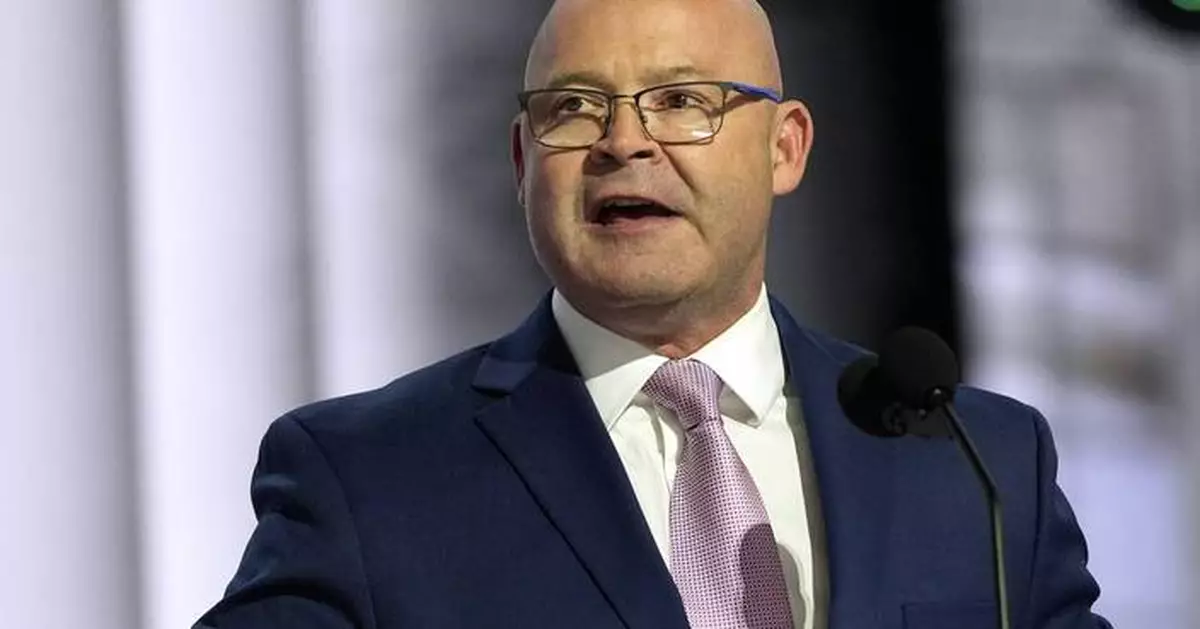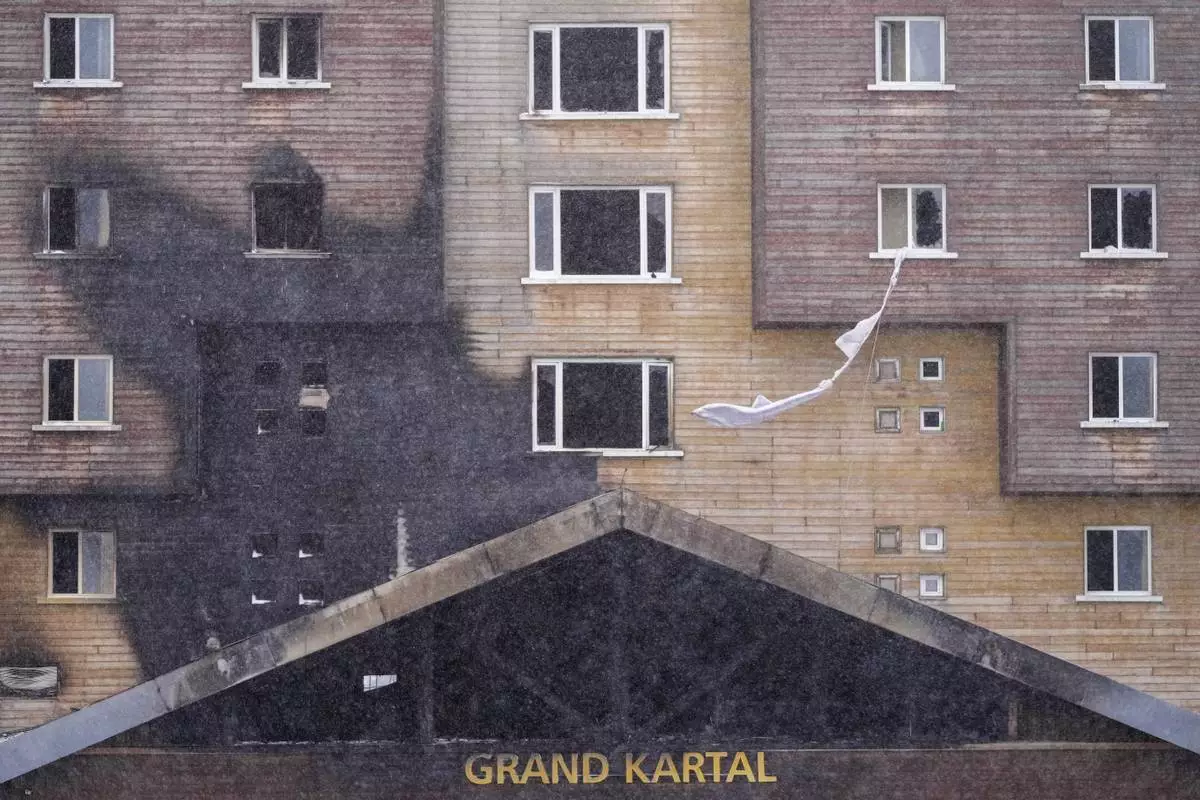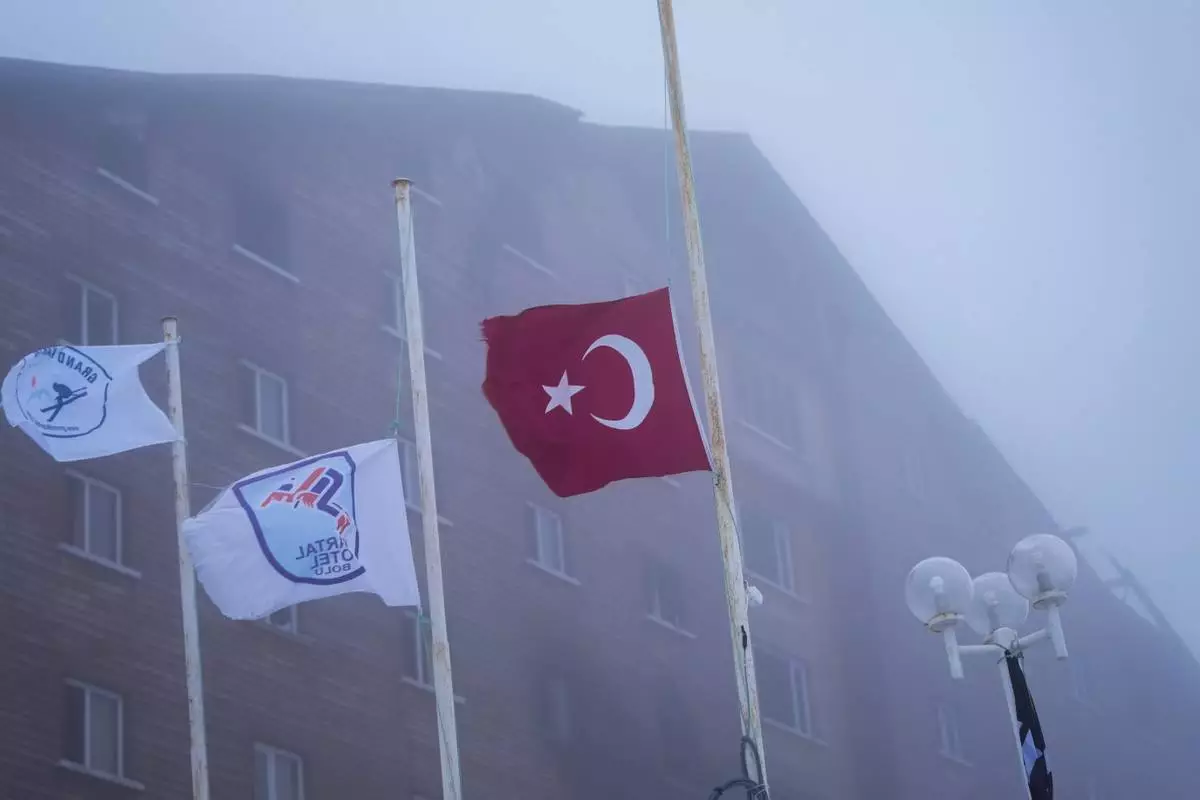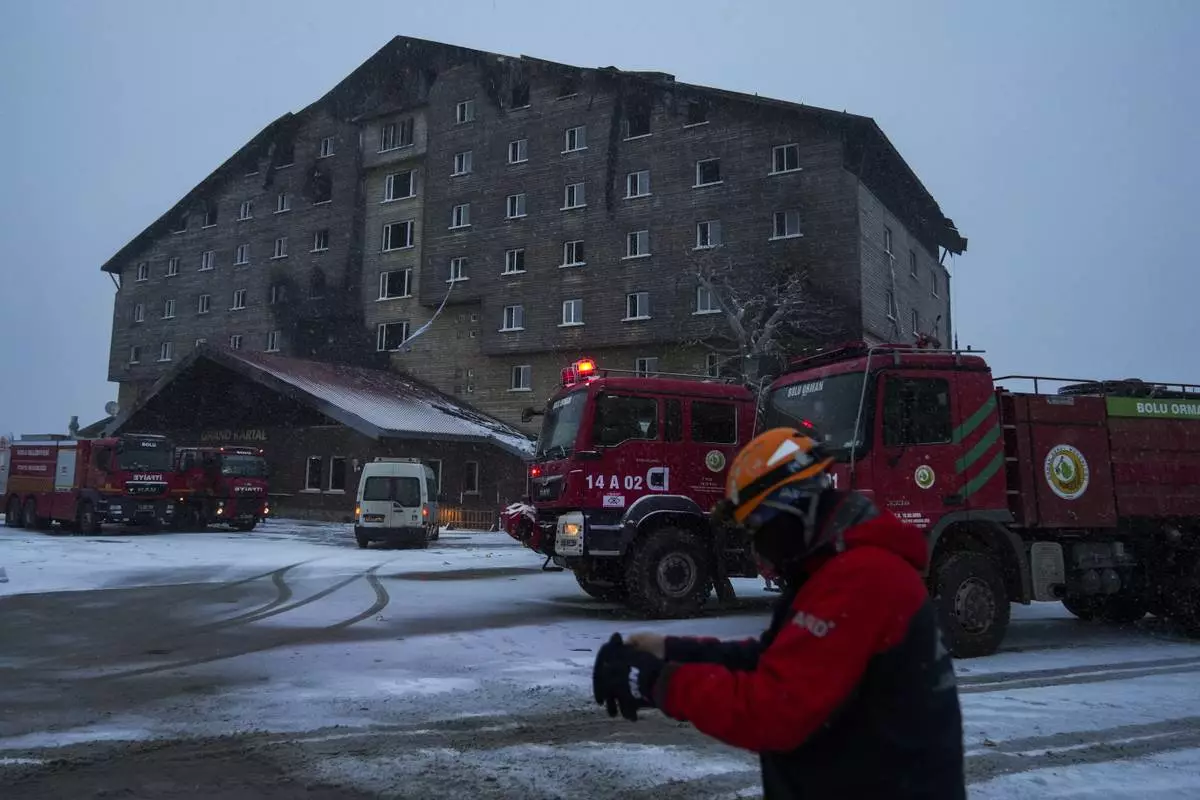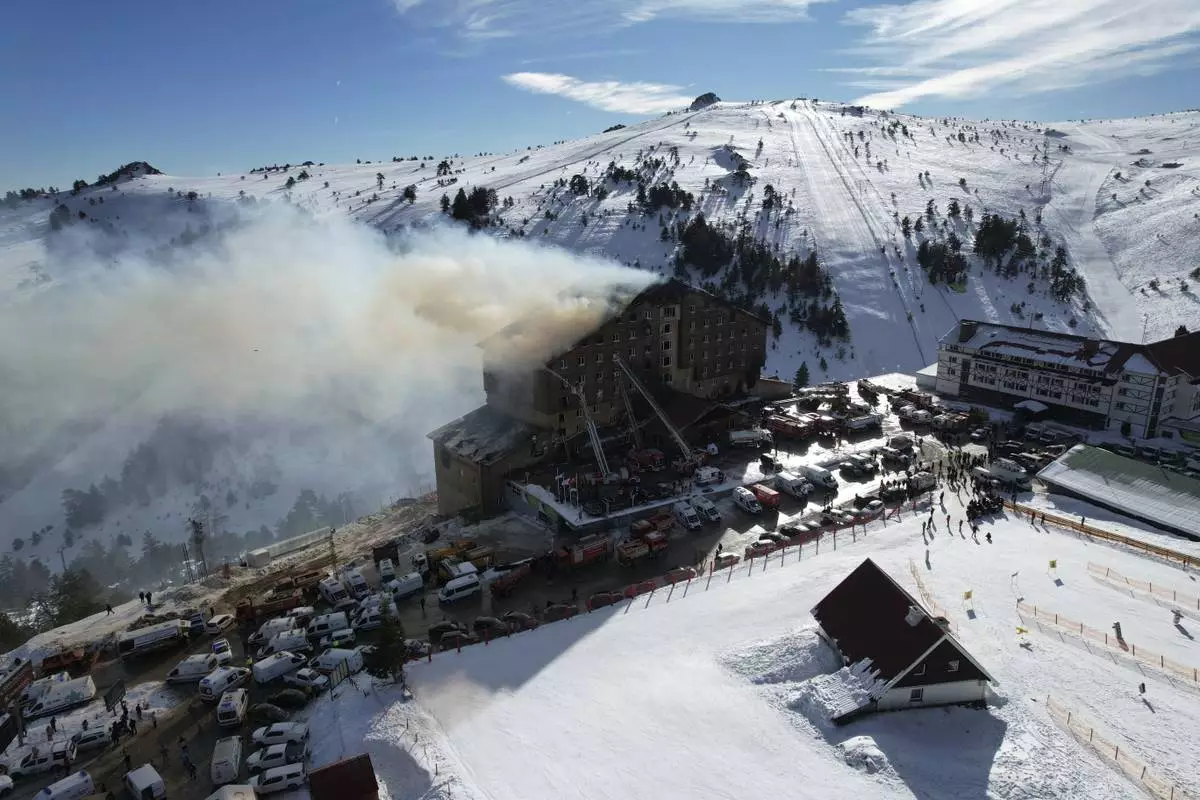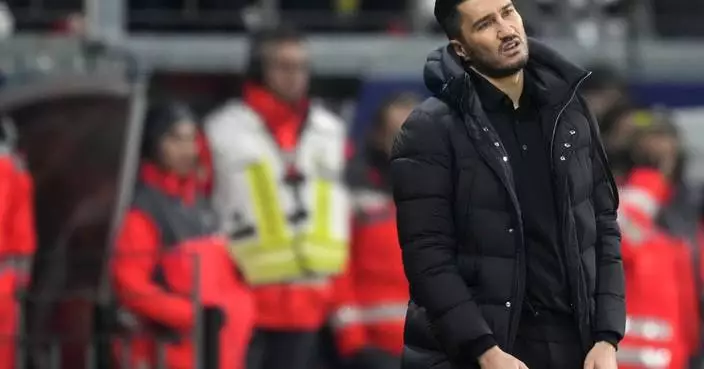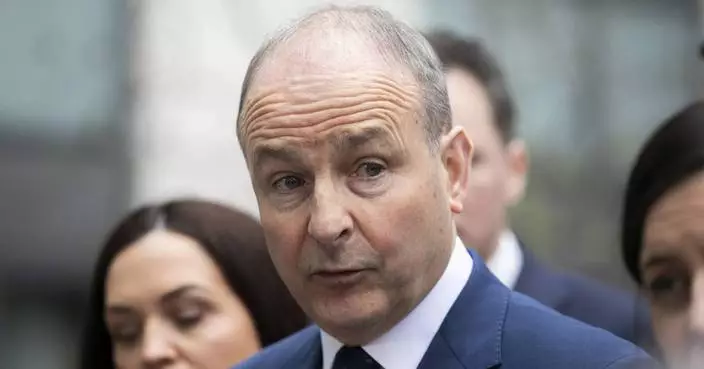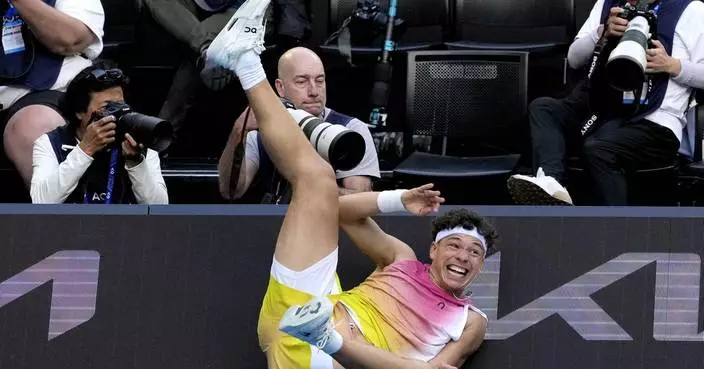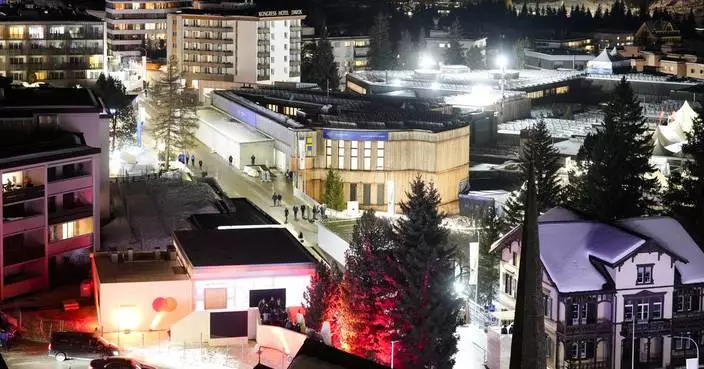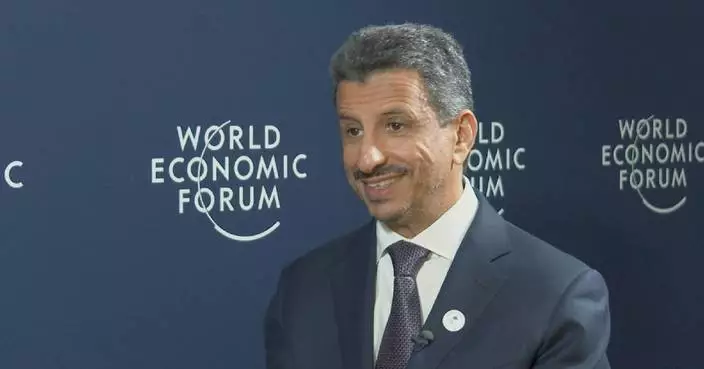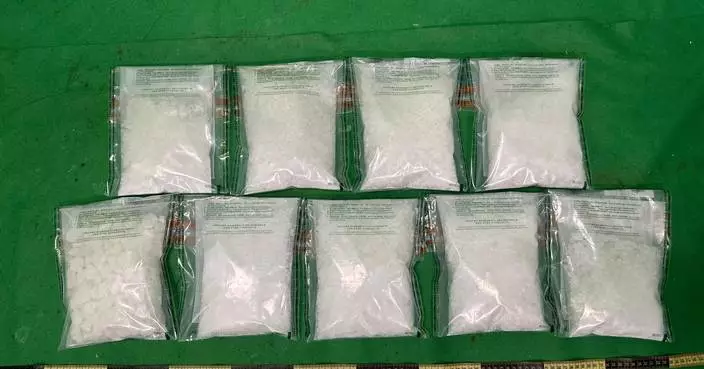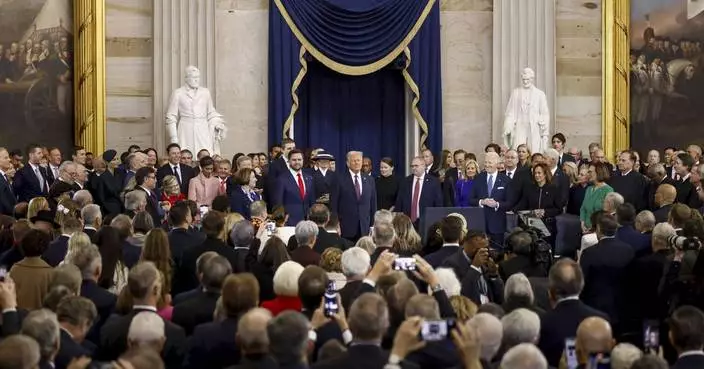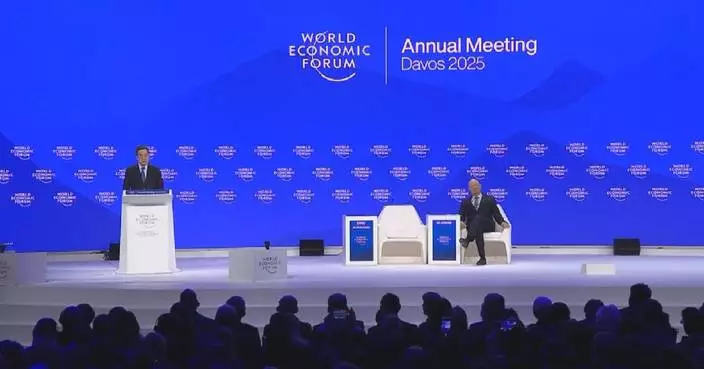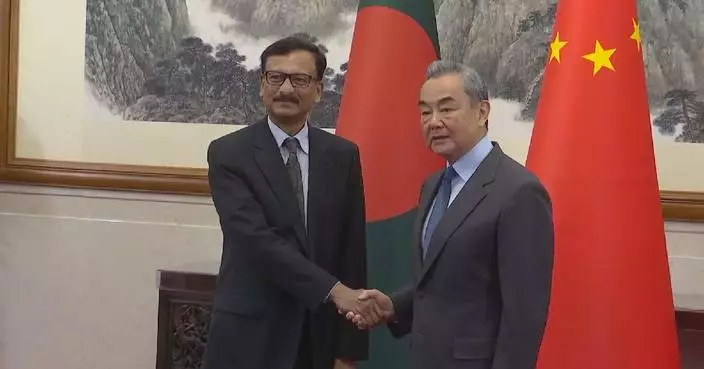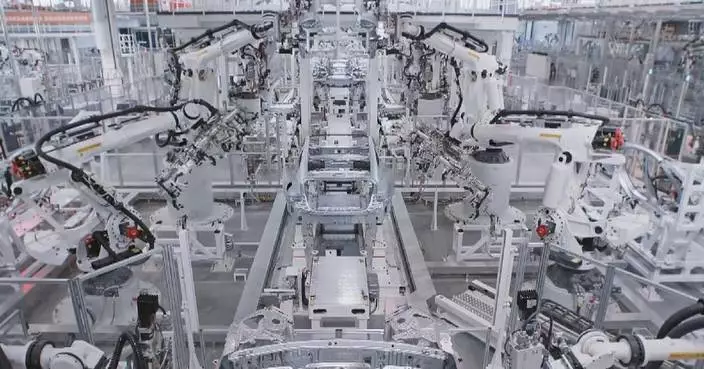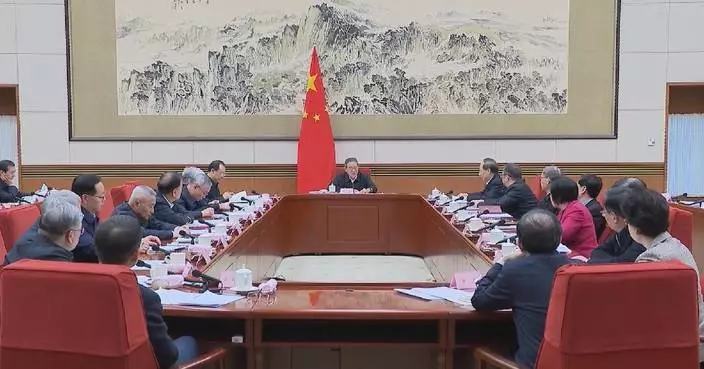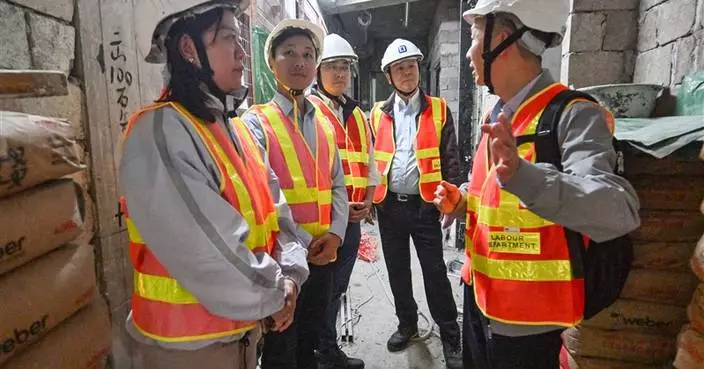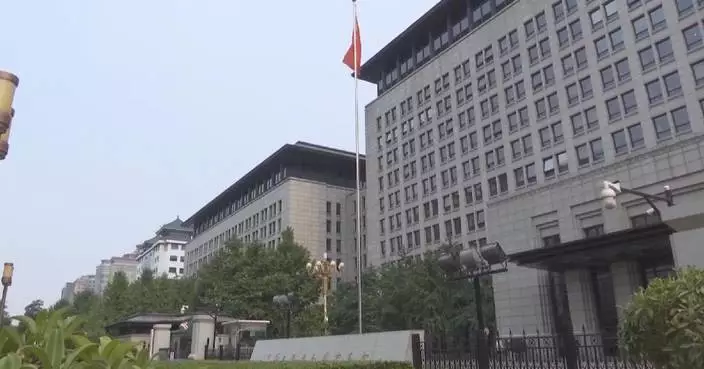WASHINGTON (AP) — The International Brotherhood of Teamsters declined Wednesday to endorse Kamala Harris or Donald Trump for president, saying neither candidate had sufficient support from the 1.3 million-member union.
“Unfortunately, neither major candidate was able to make serious commitments to our union to ensure the interests of working people are always put before Big Business,” Teamsters President Sean M. O’Brien said in a statement. “We sought commitments from both Trump and Harris not to interfere in critical union campaigns or core Teamsters industries — and to honor our members’ right to strike — but were unable to secure those pledges.”
The Teamsters' rebuff reflected a labor union torn over issues of political identity and policy, one that mirrors a broader national divide. Vice President Harris has unmistakably backed organized labor, while former President Trump has appealed to many white blue-collar workers even as he has openly scorned unions at times. By not endorsing anyone, the Teamsters are essentially ceding some influence in November's election as both candidates claimed to have support from its members.
Harris campaign spokesperson Lauren Hitt noted in an emailed statement that more than three dozen retired Teamsters spoke last month in Chicago at the Democratic National Convention, having endorsed Harris. Their pensions were saved through the 2021 passage of the Butch Lewis Act that President Joe Biden and Harris championed.
“While Donald Trump says striking workers should be fired, Vice President Harris has literally walked the picket line and stood strong with organized labor for her entire career,” Hitt said. “The Vice President’s strong union record is why Teamsters locals across the country have already endorsed her — alongside the overwhelming majority of organized labor.”
The Teamsters said Wednesday that internal polling of members showed Trump with an advantage over Harris, a fact that the Republican's campaign immediately seized upon by sending out an email that said the “rank-and-file of the Teamsters Union supports Donald Trump for President.”
Trump called the Teamsters’ decision not to endorse “a great honor.”
“It’s a great honor," he said. “They’re not going to endorse the Democrats. That’s a big thing.”
Harris met Monday with a panel of Teamsters, having long courted organized labor and made support for the middle class her central policy goal. Trump also met with a panel of Teamsters in January and even invited O'Brien to speak at the Republican National Convention, where the union leader railed against corporate greed.
In an interview Wednesday on Fox News, O'Brien said lack of an endorsement tells candidates that they have to back the Teamsters in the future. “This should be an eye opener for 2028,” he said. “If people want the support of the most powerful union in North America, whether you’re a Democrat or Republican, start doing some things to support our members," he said.
The Teamsters' choice to not endorse came just weeks ahead of the Nov. 5 election, far later than endorsements by other large unions such as the AFL-CIO, the American Federation of Teachers and the United Auto Workers that have chosen to devote resources to getting out the vote for Harris.
With O’Brien facing a backlash from some Teamsters’ members after speaking at the Republican National Convention, it’s no surprise that the union decided not to make an endorsement, said Art Wheaton, director of labor studies at Cornell University.
Trump’s praise of Tesla CEO Elon Musk for firing workers who supposedly went on strike really made a Trump endorsement very unlikely, Wheaton said. “The members were not in total agreement,” he said.
Marick Masters, a business professor emeritus at Wayne State University in Detroit who follows labor issues, said the Teamsters lack of an endorsement suggests a realignment within the union's membership.
For many workers, issues such as gun control, abortion and border security override Trump’s expressions of hostility to unions, Masters said.
The Teamsters detailed their objections to the candidates in a statement, starting with their objection to a contract implemented by Congress in 2022 on members working in the railroad sector.
The union wanted both candidates to commit to not deploying the Railway Labor Act to resolve contract disputes and avoid a shutdown of national infrastructure, but Harris and Trump both wanted to keep that option open even though the Teamsters said it would reduce its bargaining power.
Harris has pledged to sign the PRO Act, which would strengthen union protections and is something the Teamsters support. Trump, in his roundtable with the Teamsters, did not promise to veto a proposal to make it harder nationwide to unionize.
Other unions have shown trepidation about endorsing either presidential candidate. The United Electrical, Radio & Machine Workers of America on Friday ultimately endorsed Harris with a caveat that “the manner in which party leaders engineered Biden’s replacement at the top of the ticket with Vice President Kamala Harris was thoroughly undemocratic,” union leadership said in a statement.
But the Teamsters lack of endorsement also suggests an indifference to the Biden-Harris administration, which signed into law a measure that saved the pensions of millions of union retirees, including many in the Teamsters.
As part of its 2021 pandemic aid, the administration included the Butch Lewis Act to save the underfunded pensions of more than 1 million union workers and retirees’ underfunded pensions. The act was named after a retired Ohio trucker and Teamsters union leader who spent the last years of his life fighting to prevent massive cuts to the Teamsters’ Central States Pension Fund.
AP writers Fatima Hussein and Michelle Price contributed to this report.

Democratic presidential nominee Vice President Kamala Harris speaks at the Congressional Hispanic Caucus Institute (CHCI) leadership conference, Wednesday, Sept. 18, 2024, in Washington. (AP Photo/Jacquelyn Martin)
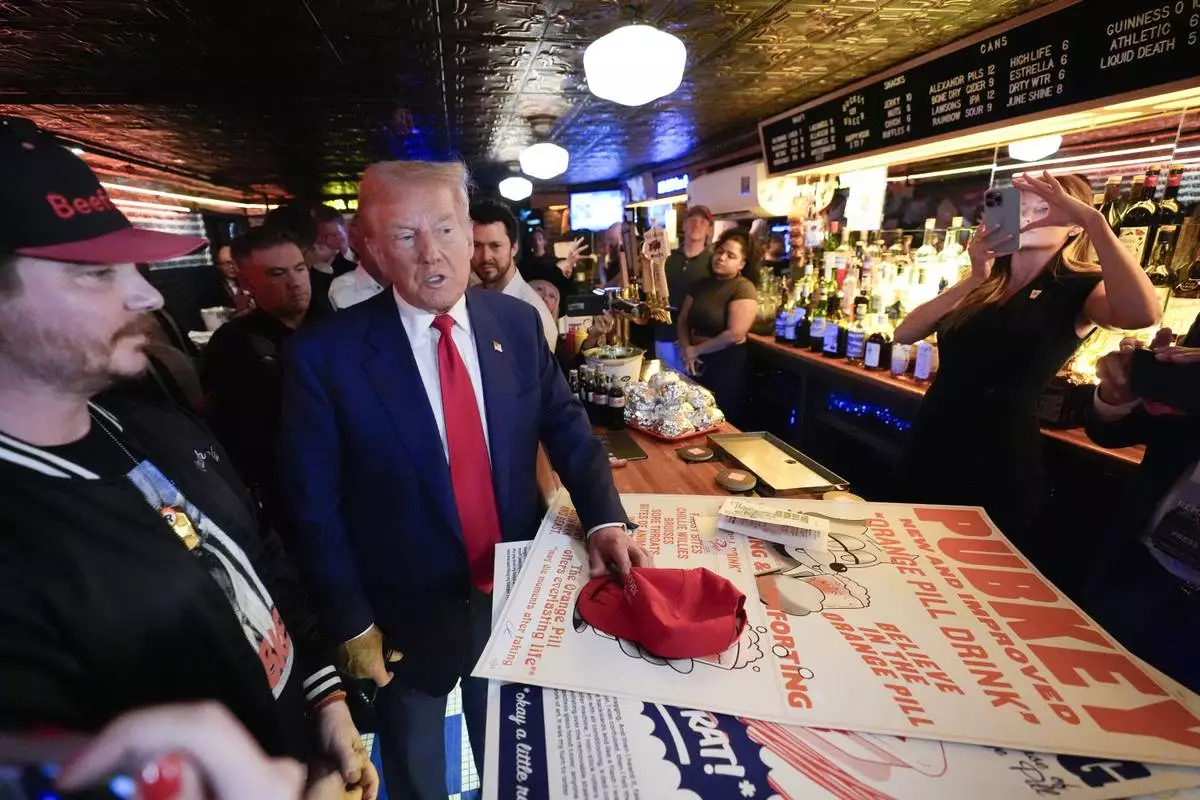
Republican presidential nominee former President Donald Trump makes a campaign stop at Pubkey Bar and Media House, Wednesday, Sept.18, 2024, in New York. (AP Photo/Alex Brandon)
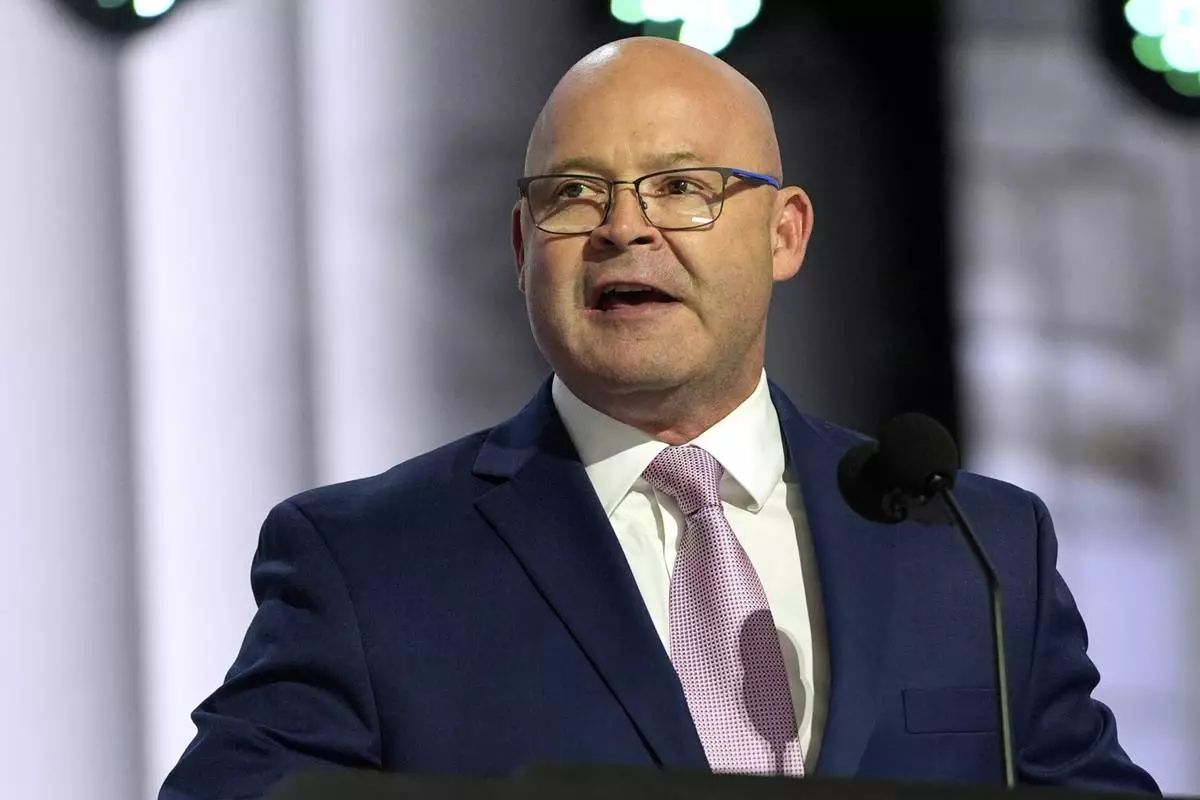
FILE - Sean O'Brien, president of the International Brotherhood of Teamsters, speaks during the Republican National Convention, July 15, 2024, in Milwaukee. (AP Photo/Julia Nikhinson, File)


